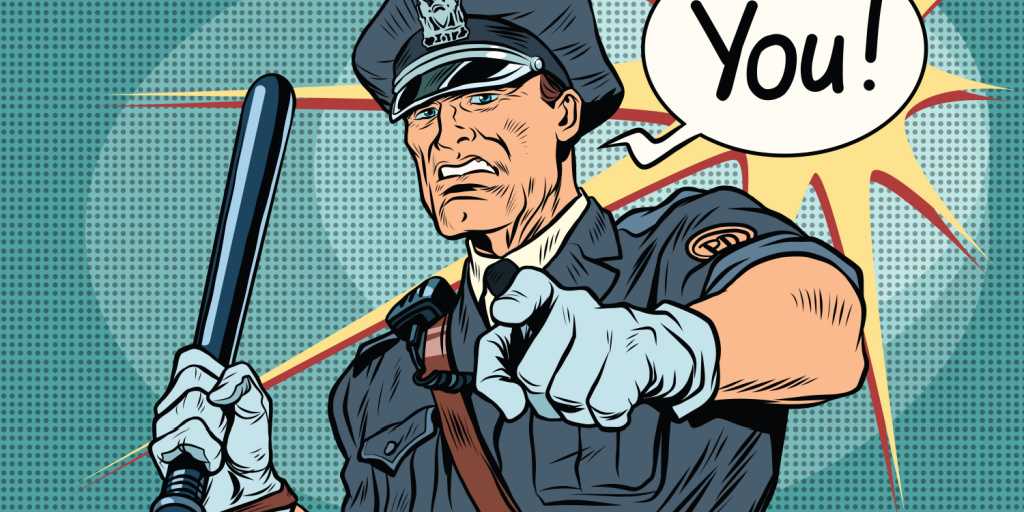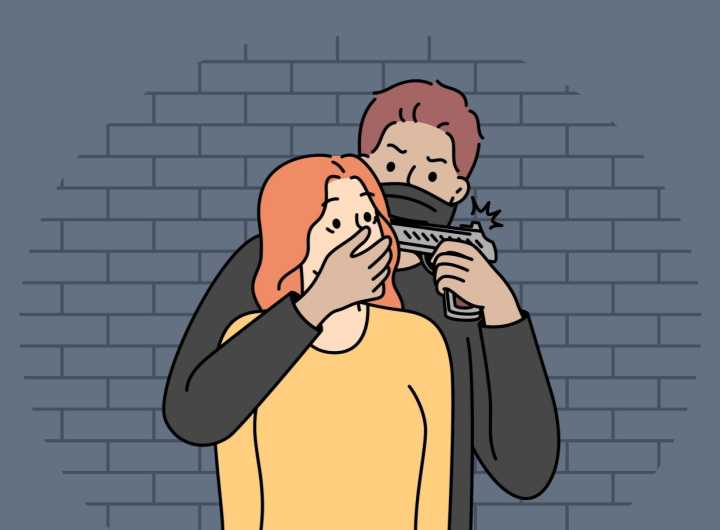Charged With Drug Possession Just For Riding In the Car?
In Arizona, a person has possession of an item of contraband if the person 1)knowingly 2)has dominion or control over the item. Therefore, if you are merely riding in a vehicle where drugs are found, that is insufficient to find you guilty of drug possession. However, the standard for being convicted of a possession crime is lower in Arizona than in some other states. There are other jurisdictions that define constructive possession as knowingly possessing an item of contraband with the ability and intent to exercise control over the item. This is harder to prove than the Arizona standard.
What Does It Mean To “Knowingly” Possess An Item Of Contraband?
This might seem like a simple question, but Courts continue to debate what it means to “knowingly” possess an item of contraband. To make this decision, courts look at factors such as whether you could see the object, whether you previously touched the object, or if you were told that the item was there.
In some states when no one has exclusive possession over contraband (such as drugs found in a vehicle full of people), there is a higher burden to prove that one person in the location had knowledge of the contraband, even if that person was the owner of a vehicle or house. But the Arizona Supreme Court determined that in Arizona, when contraband is found in a location accessible to multiple people, it may be inferred from the circumstances which people should have known about the contraband. For example, in a case where officers found a box containing drugs on an open back porch of an apartment, the Court determined that the defendant’s wife also knowingly possessed the drugs because they both shared the apartment, the drugs were in an area where she could see them, and it was not relevant that the area could be seen by other people passing by.
In another appeals case, police found drugs in a storage compartment of a man’s car, between the passenger and driver’s seat. The driver argued that knowing possession could not be inferred to him without other evidence because he was sharing the car with two other people. The Court did not agree, holding that because the man was the owner and driver of the car and the drugs were found in a location typically used by the driver, a jury could find, beyond a reasonable doubt, that the man “knowingly” possessed the drugs.
What Does It Mean To Have Dominion Or Control Over An Item of Contraband?
In addition to “knowing “ about the item of contraband, a person must also “exercise dominion or control” over the contraband in order to be convicted of constructive possession. Just because a person is close to an object that doesn’t mean the person necessarily had dominion or control over an item, but it is one piece of circumstantial evidence that can be used to make that determination. Therefore, more than one person could be convicted of possessing an item if both people had dominion or control over the item.
For example, in a case involving a two perpetrators committing armed robbery, both defendants were deemed in possession of the gun, even though only one defendant held the gun. The court reasoned that the defendant who was not holding the gun obviously knew about the gun, the gun was used to control the victim this defendant took the victim’s money, and it was an integral part of the robbery. This was sufficient to establish “dominion and control” over the gun and the defendant was convicted of weapons possession.
It is harder to argue that you do not have dominion and control over a place you own and the things in it. Therefore if contraband is found in your vehicle or home, especially in an area that is visible to you, police may have probable cause to arrest you on a possession charge.
Arizona possession laws are quite strict, therefore if you have been accused of drug or weapons possession for an item that did not belong to you, a defense attorney can review all the evidence and facts of your case, advise you on your options, and advocate on your behalf.
Recommended Articles

Arizona’s new sealing statute is a powerful way for people who have been charged or convicted of many common offenses, to be able to say “no” in many instances.

In Arizona, “Aggravated Assault” charged under ARS § 13-1204 is a Class Four Felony, and in some cases with mandatory prison.

DUI or domestic violence police misconduct even if not resulting in grievous misfortune can sometimes provide a helpful remedy for the criminally accused.

people are surprised by how outsized the consequences some misdemeanor convictions can be. collateral consequences—meaning all those hidden consequences.

For thirty years two federal laws prohibited all those convicted of misdemeanor domestic violence offenses from ever possessing firearms.

About Michael Harwin
Michael’s skill and experience have been recognized repeatedly. He holds an A-V 5/5 preeminent rating by Martindale Hubbell. He has been named one of the top lawyers in Arizona by Southwest Superlawyers, and one of the best lawyers in Tucson by Tucson Lifestyle Magazine. He also has been named one of the best lawyers in the United States by BestofUS.com , and given the highest rating possible by AVVO, 10/10 Superb. Amazon Books
